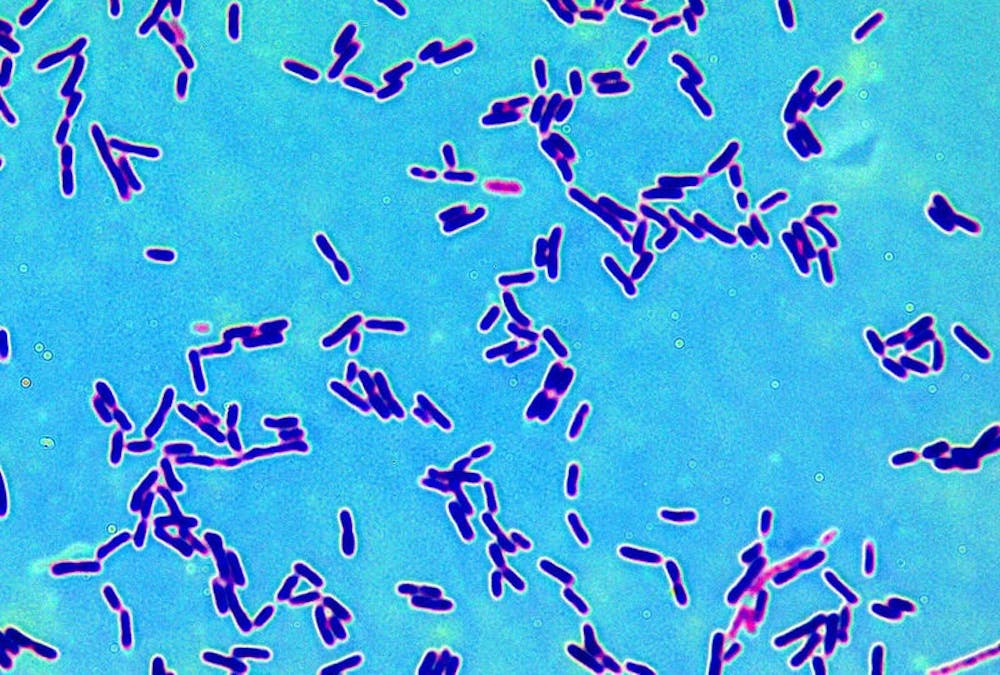
Penn researchers discovered that adding microbes to the diets of fruit flies causes genetic deviation across generations, according to Penn Today.
Researchers sought to modify the flies’ microbiomes, microorganisms within organisms, by feeding the flies two different microbes. The study, published in PNAS, showed that feeding different types of bacterial species led to genomic changes in just five generations of fruit flies.
The fruit flies used in the study were raised in mesh enclosures containing groundcover, a peach tree, and a thousand flies. Researchers conducted the study outside at Pennovation Works instead of in a traditional laboratory environment to mimic a more natural environment.
“I think it’s fair to say we preserved as much ecological realism as we could at the expense of detecting large effects,” Paul Schmidt, a professor and associate chair in the Department of Biology, told Penn Today.
By examining five generations of flies, researchers pinpointed changes in the frequency of alleles, or variations of genes, that were consistent with allele frequencies in natural fruit fly populations.
Researchers said they chose fruit flies because they have few species within their microbiome community relative to other organisms, according to postdoctoral fellow Seth Rudman. Rudman, Schmidt, and their colleagues say they are unsure if the effect of the two microbes extends to other species, but they believe the microbiome is an important influence on any organism, fruit fly or not.
“The fact that we can see this effect in experiments done over such a short time scale suggests that the magnitude of the fitness effects the microbes have is incredible,” Schmidt said.
The Daily Pennsylvanian is an independent, student-run newspaper. Please consider making a donation to support the coverage that shapes the University. Your generosity ensures a future of strong journalism at Penn.
Donate



